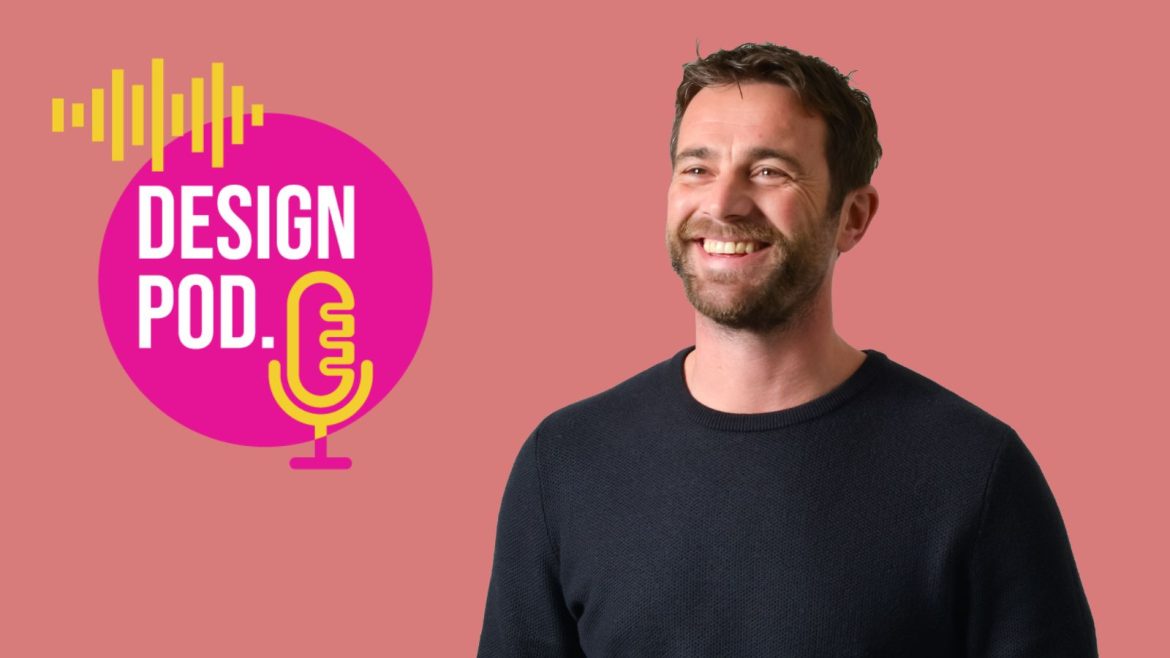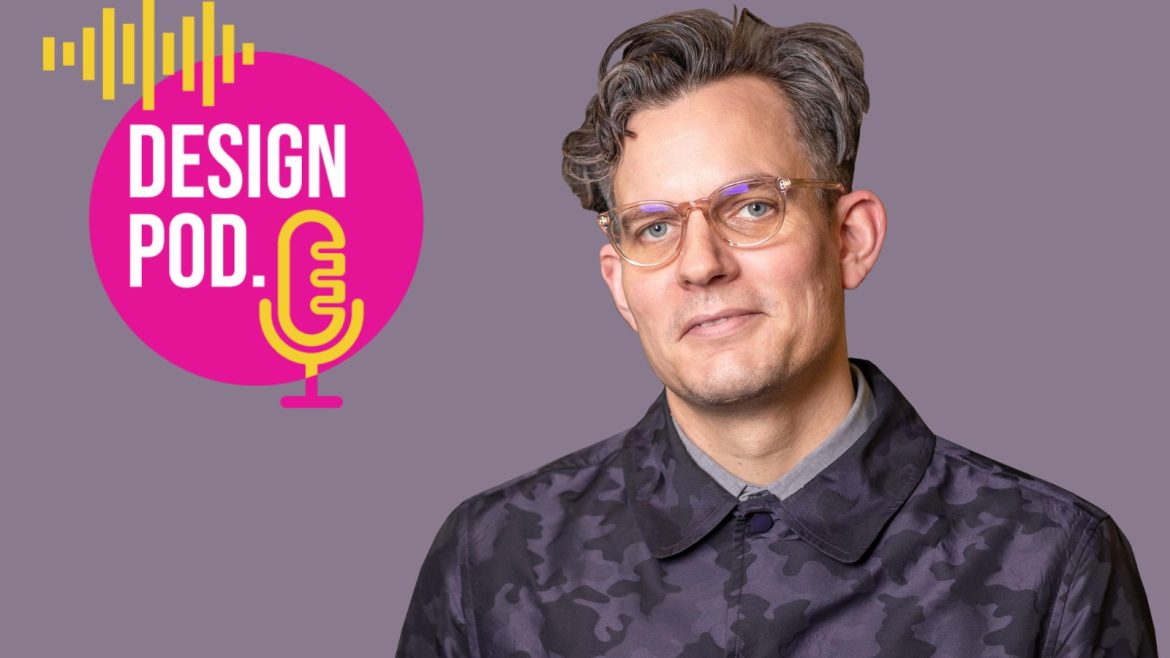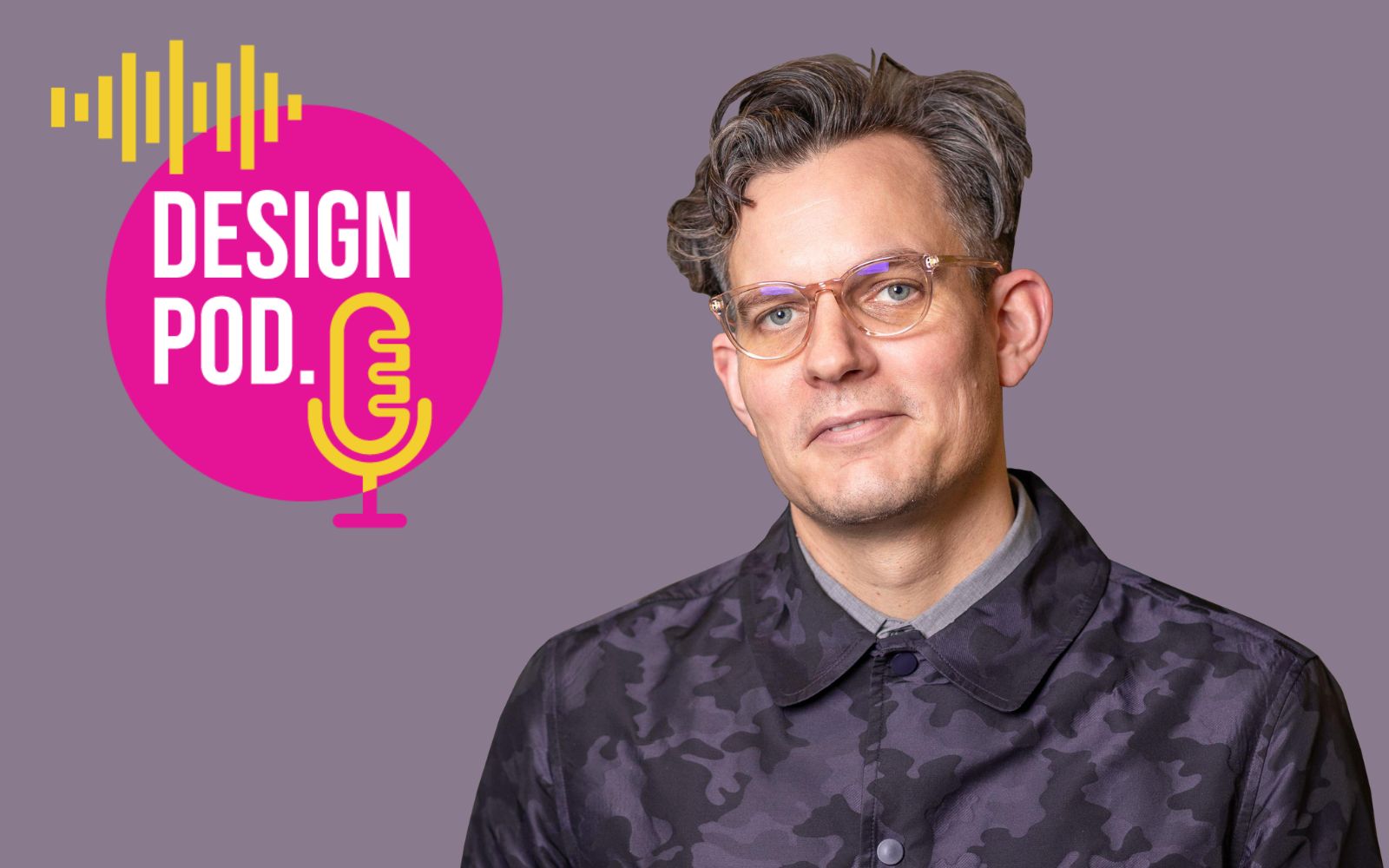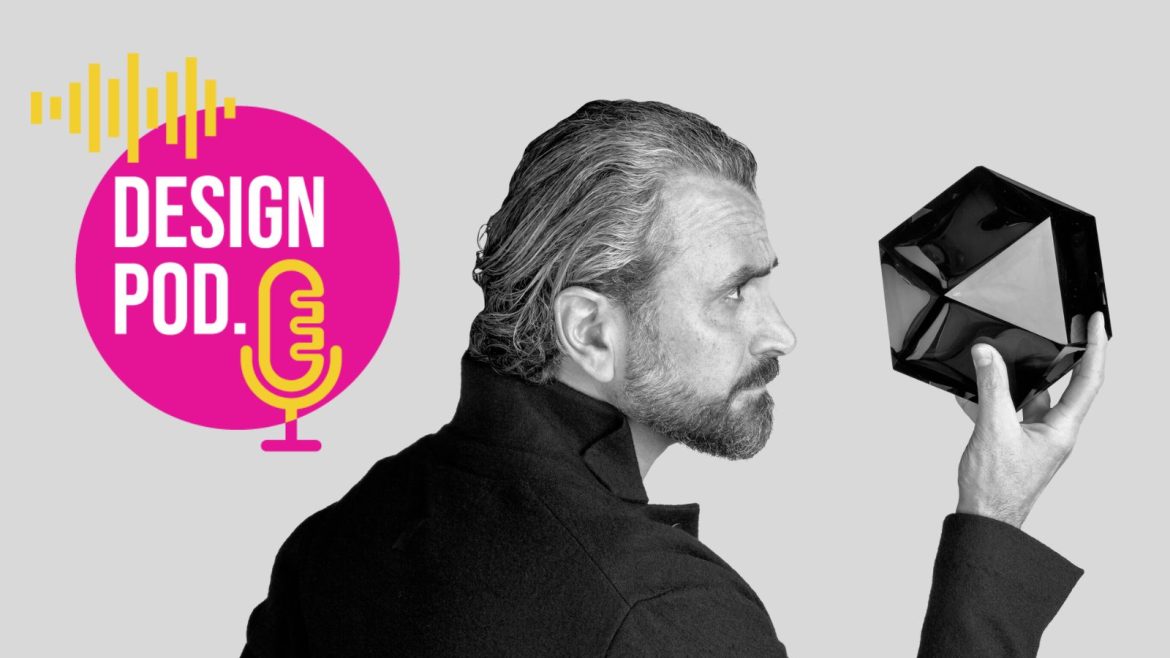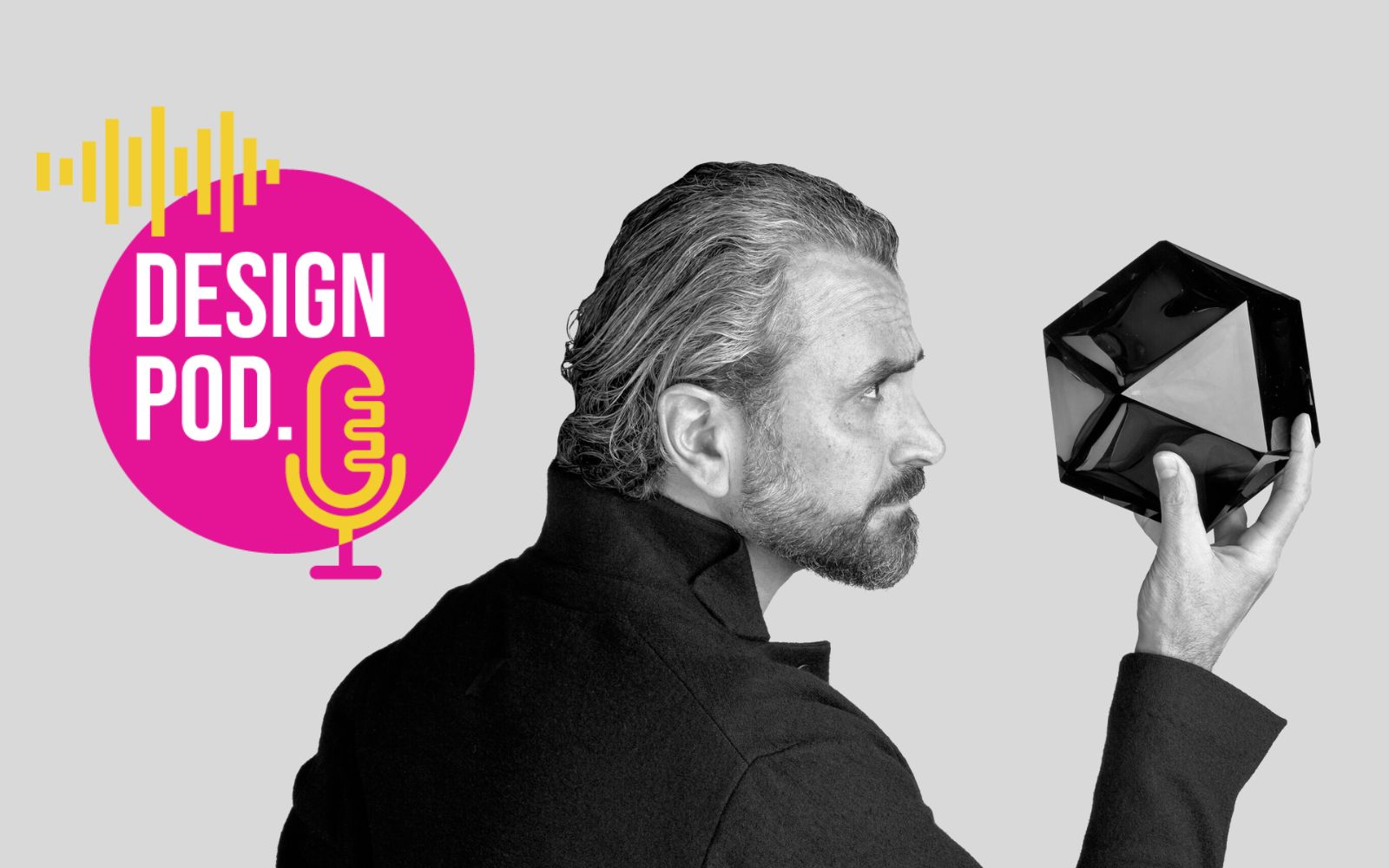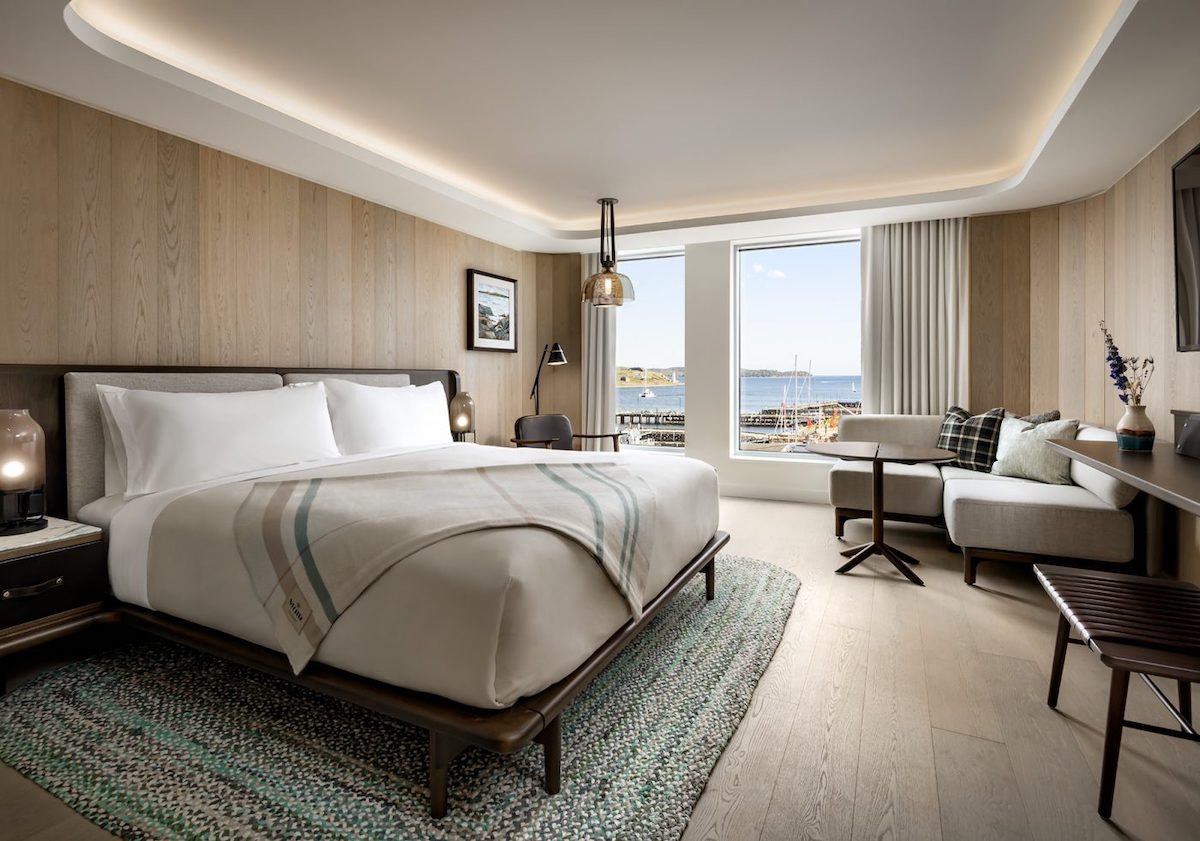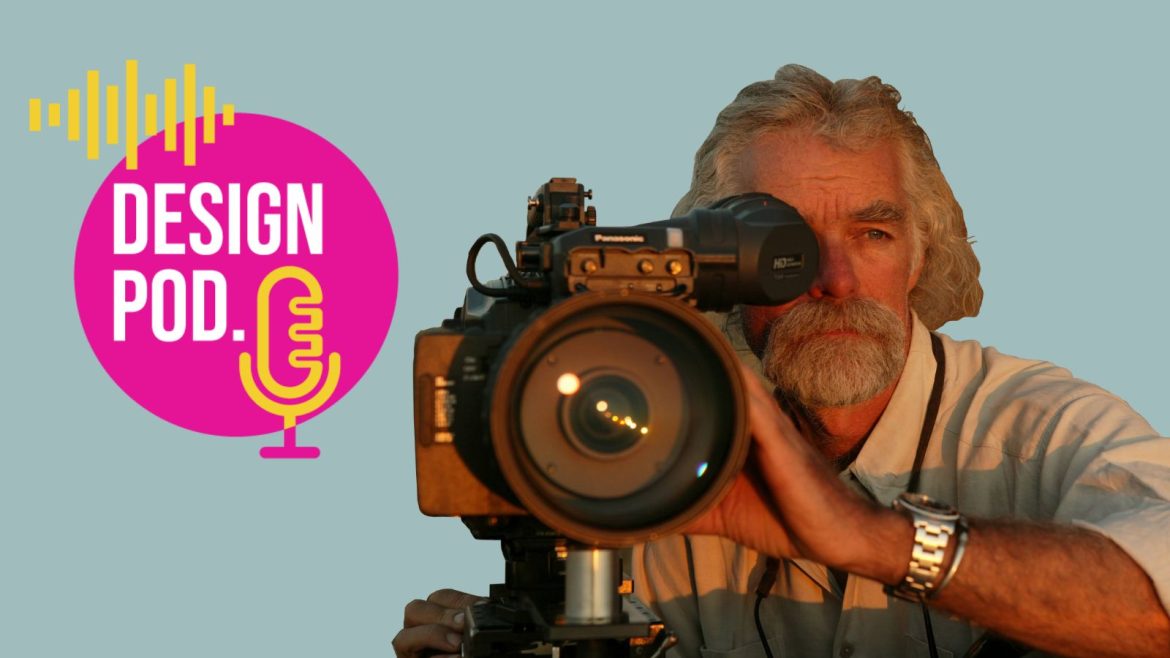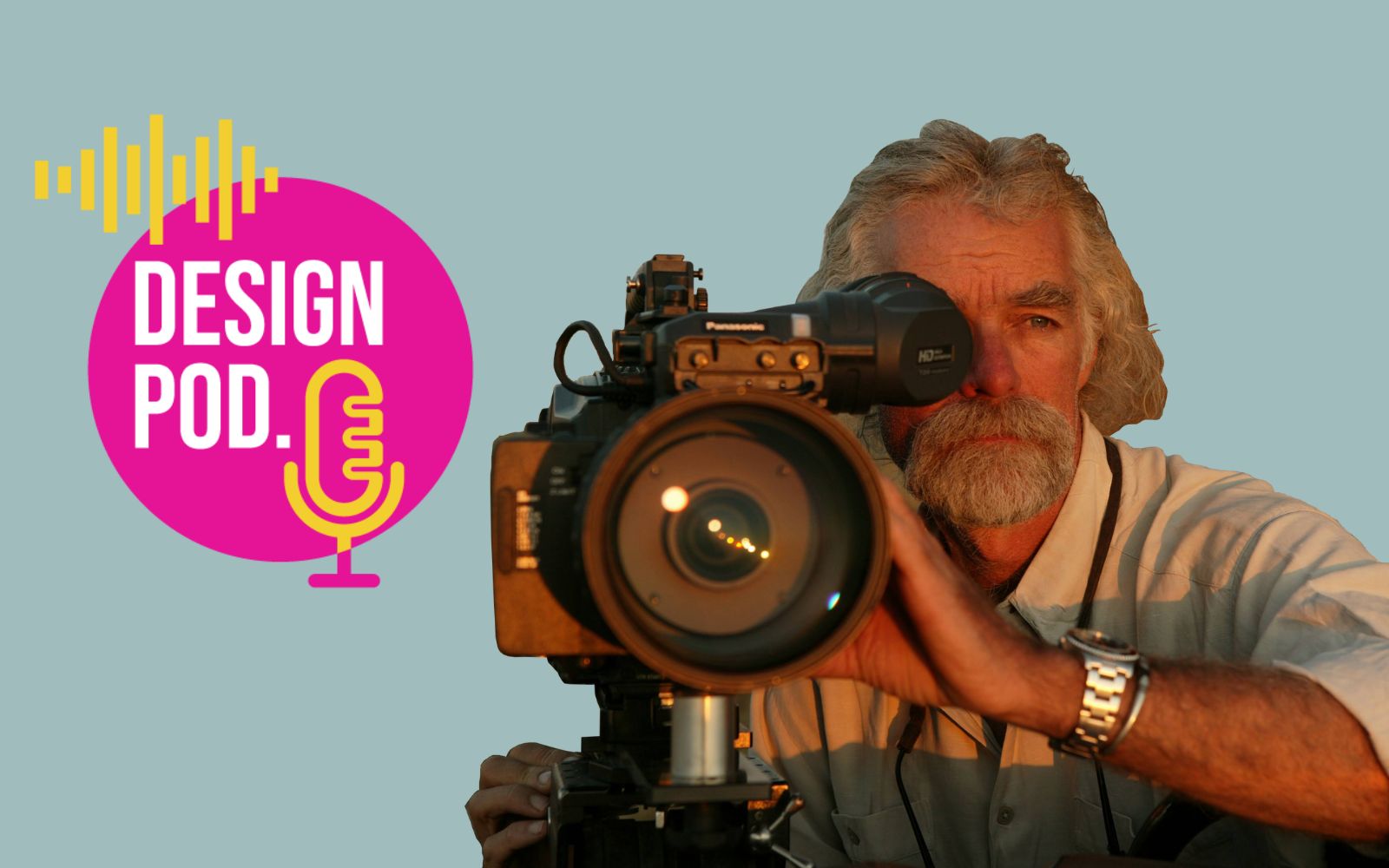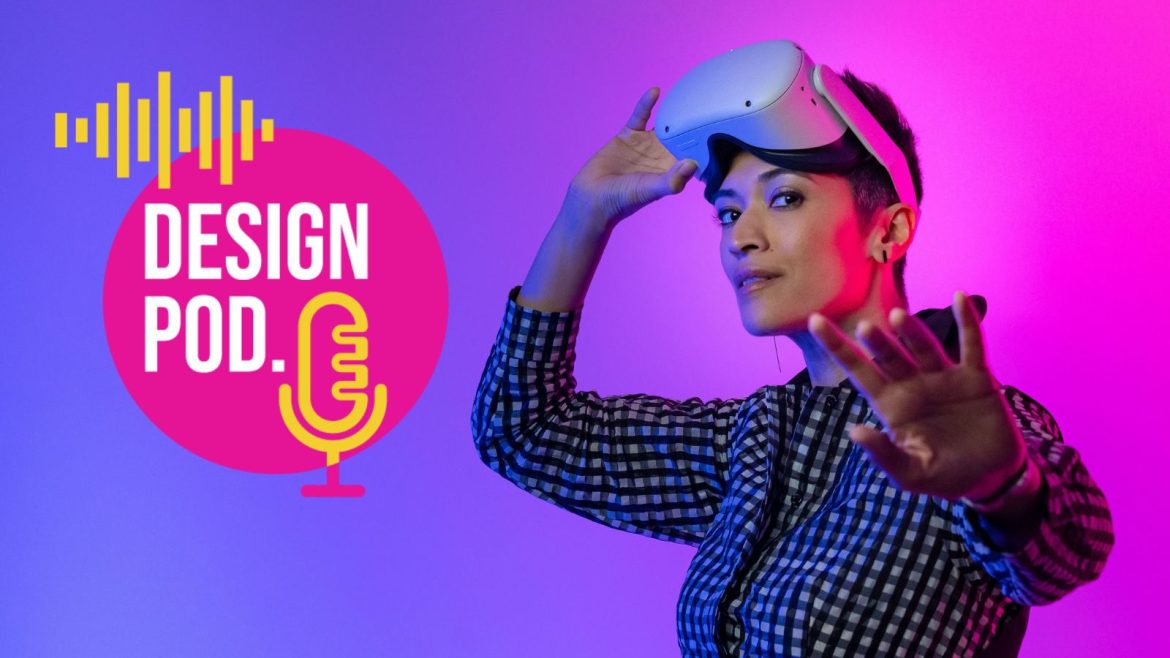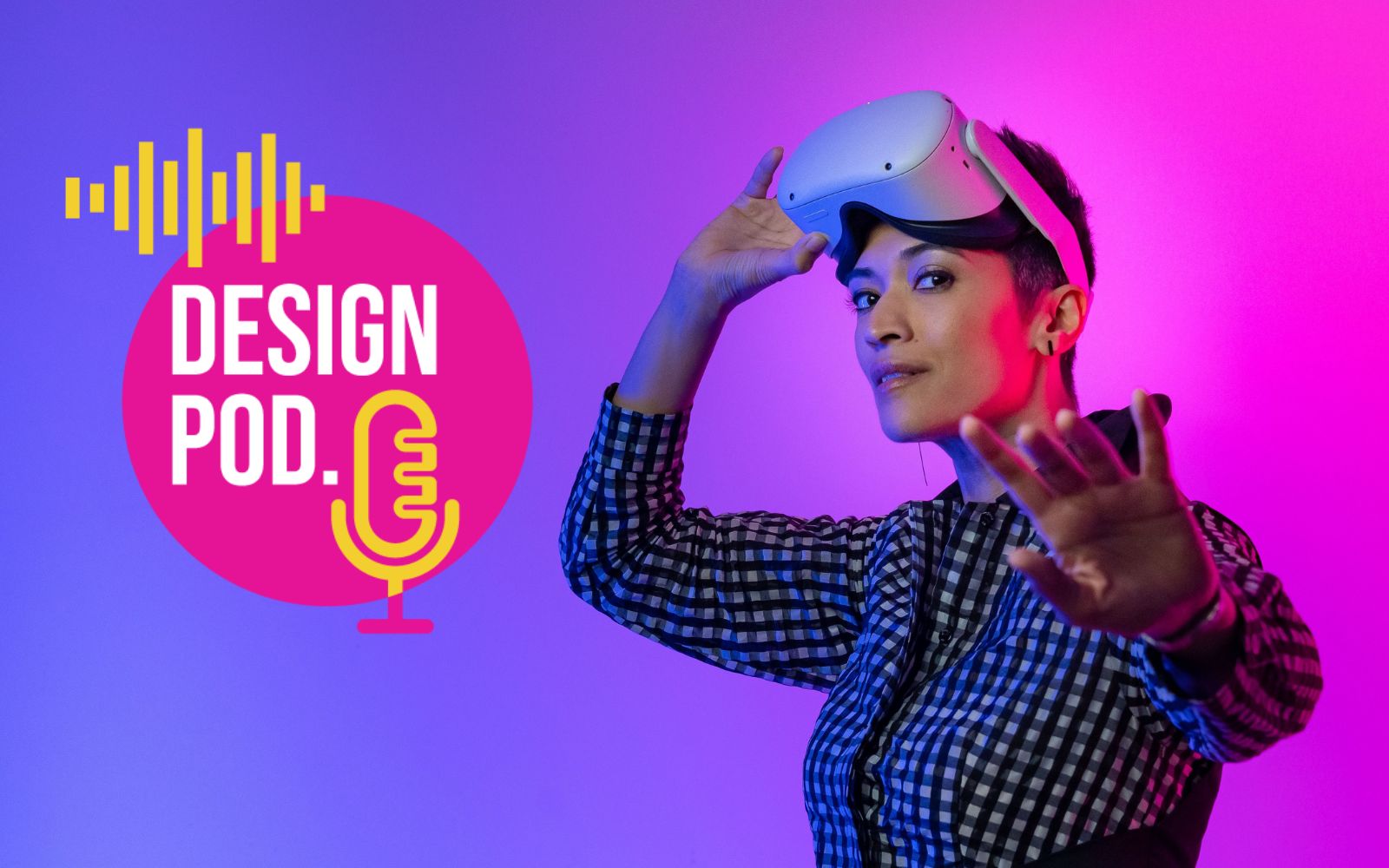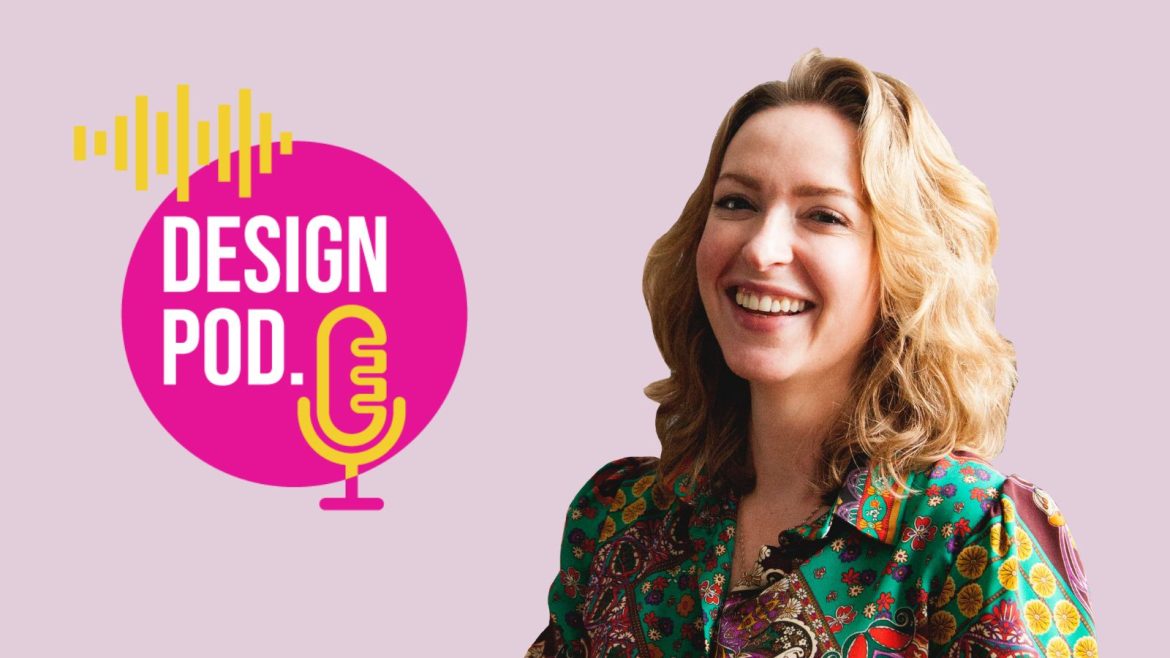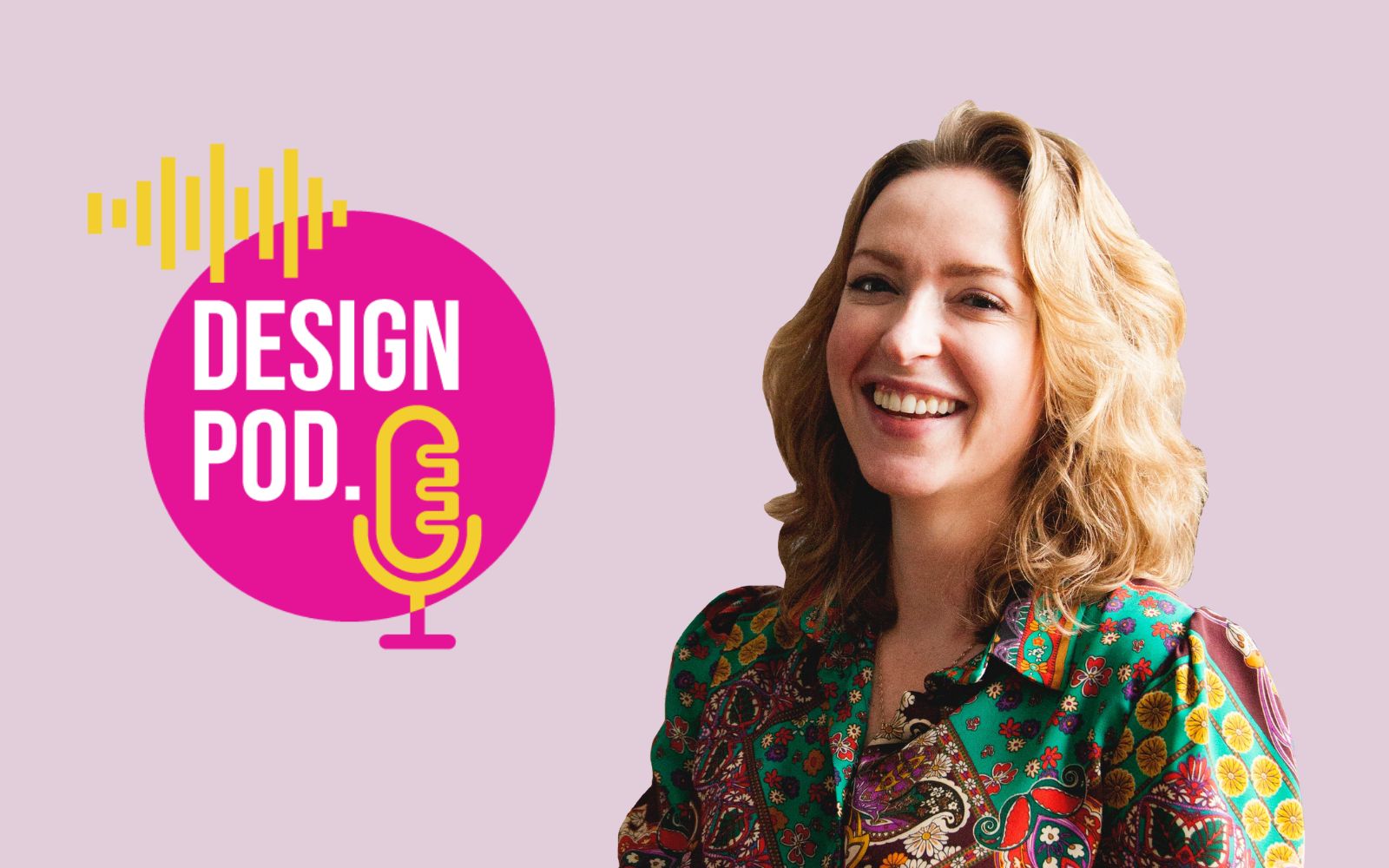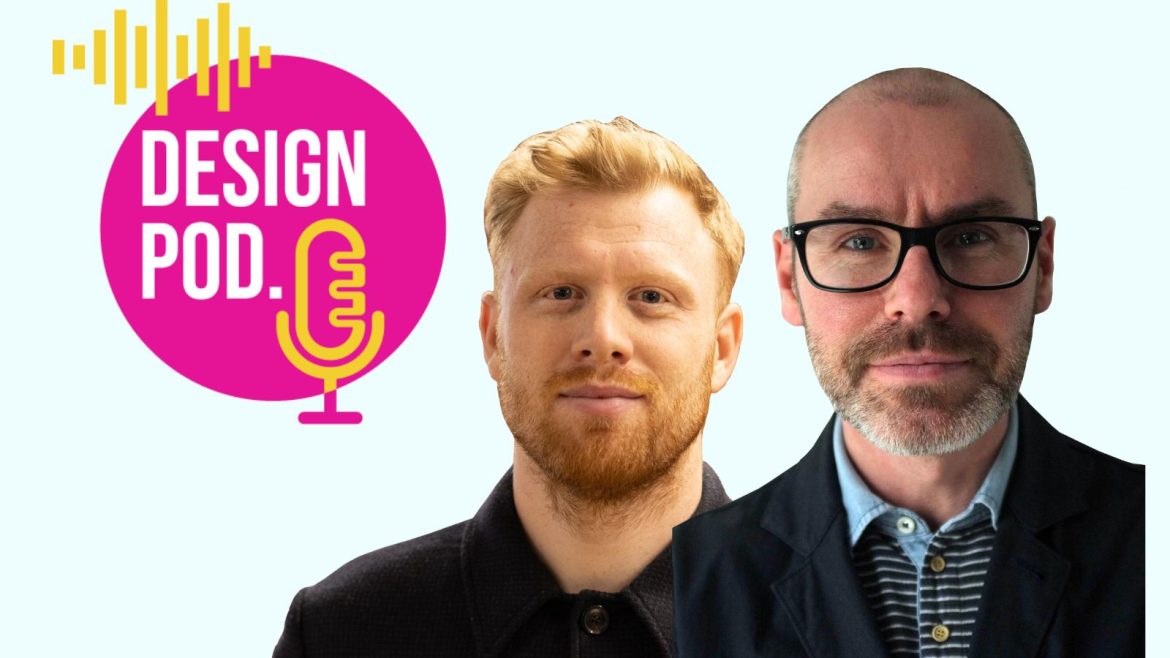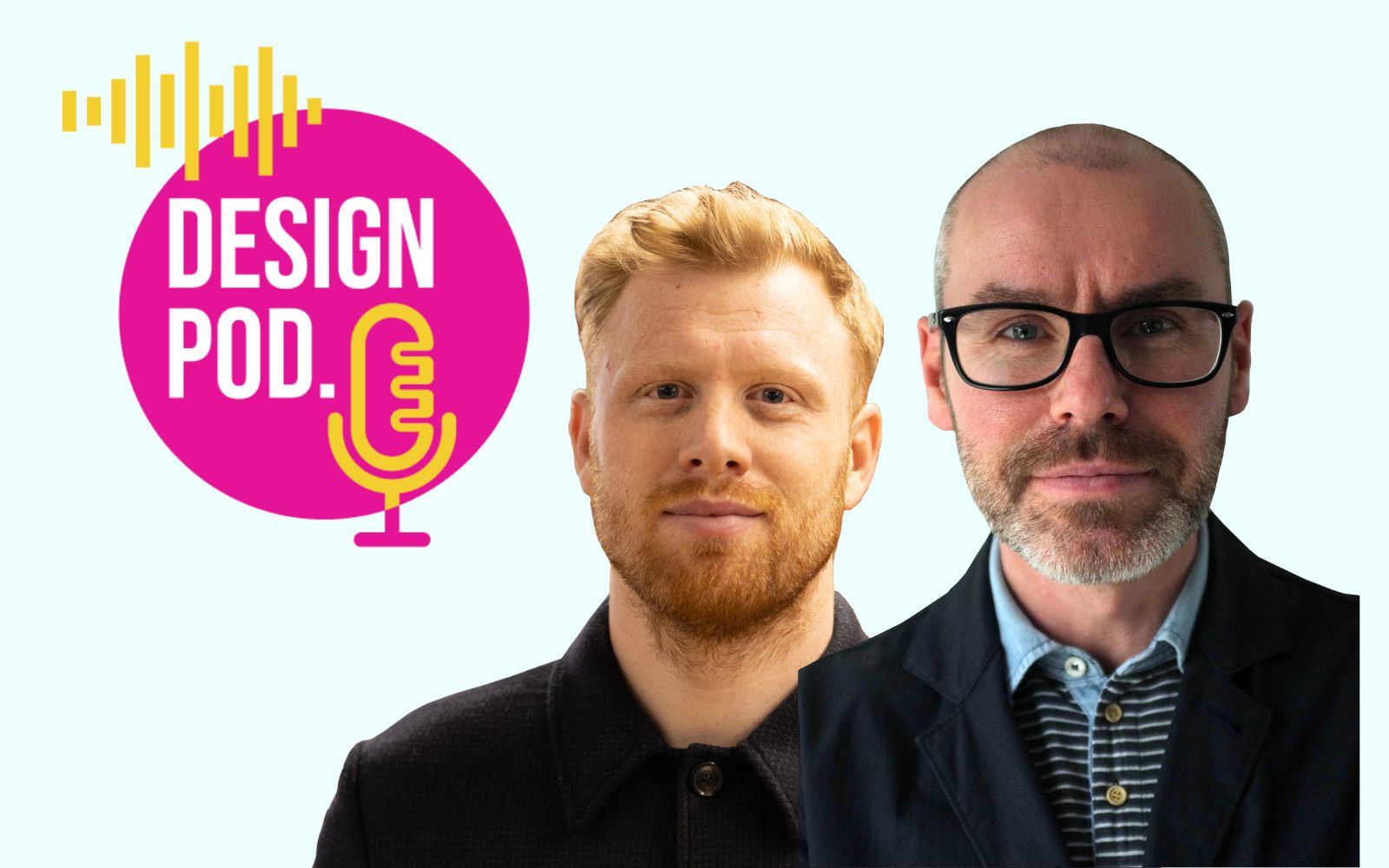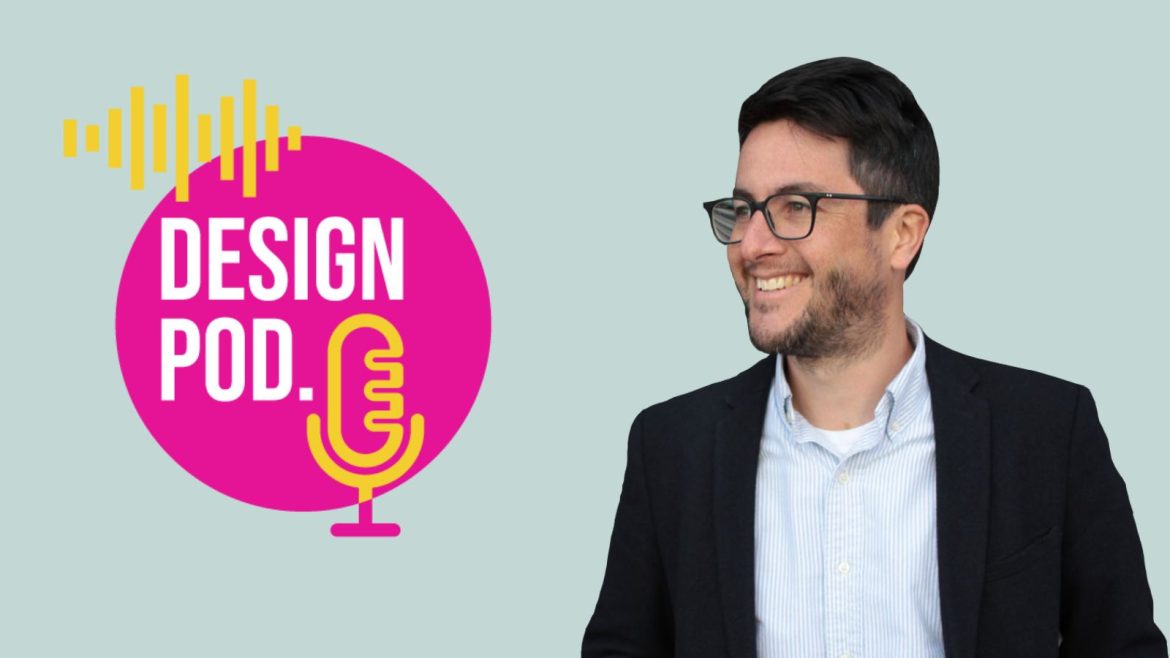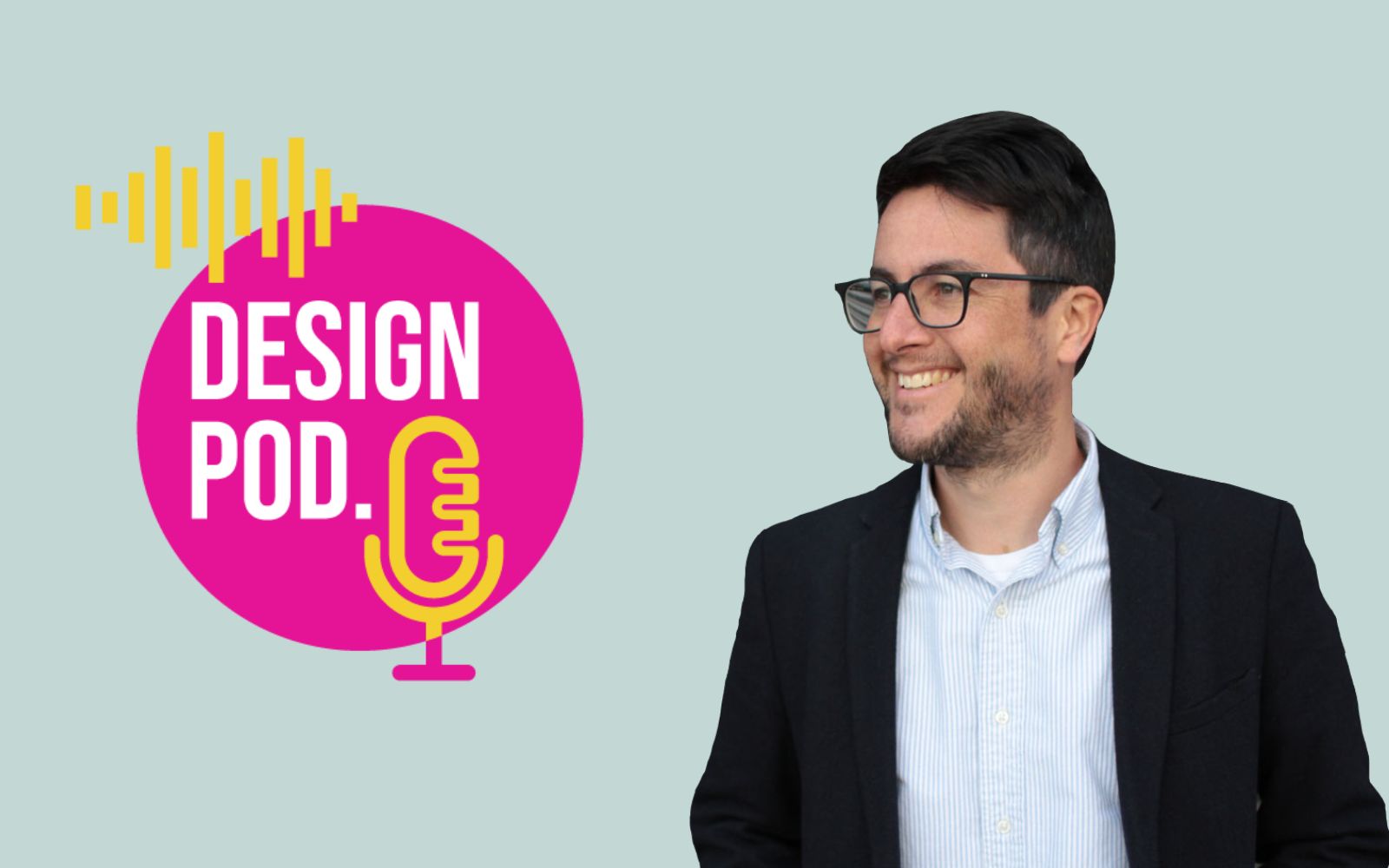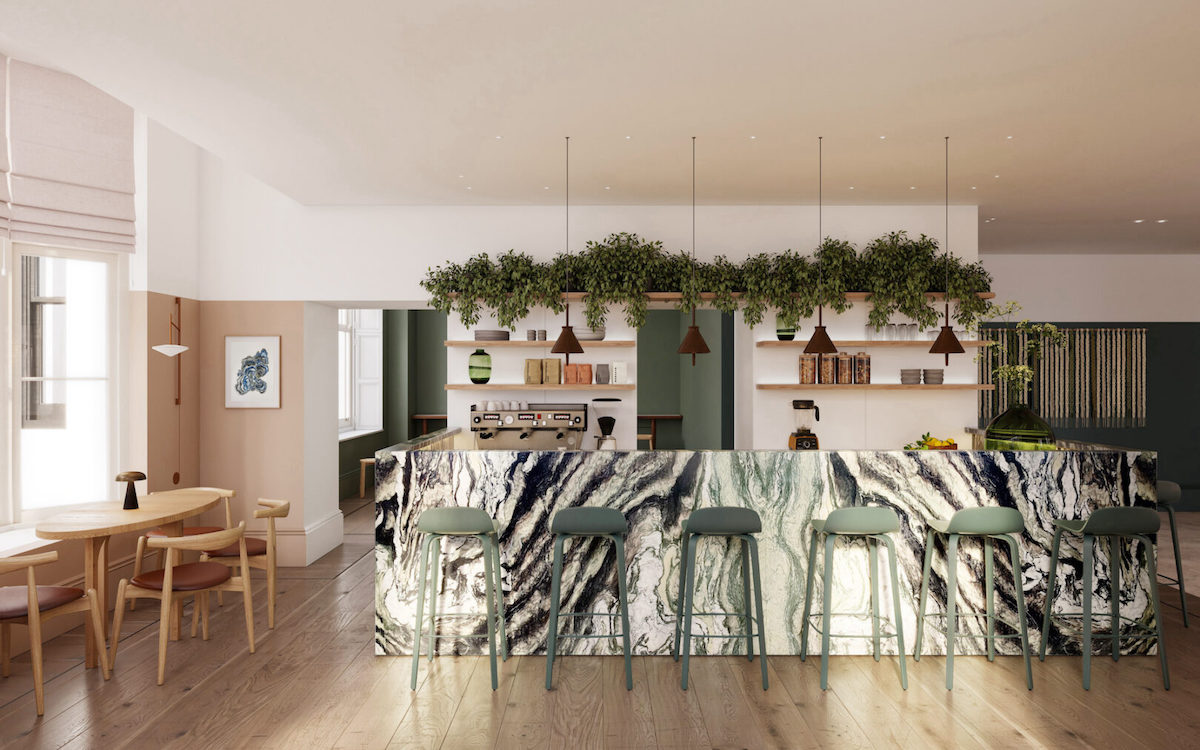Episode 34: unconventional narratives in design
https://hoteldesigns.net/wp-content/uploads/2023/06/John-Williams-headshot-for-DESIGN-POD-1024x640.jpg 1024 640 Hamish Kilburn Hamish Kilburn https://secure.gravatar.com/avatar/81d2884aeeac3c45e38c47cacc508c2178bab773320ff2d6a83bdcc803d93aec?s=96&d=mm&r=gThe final episode of series four of DESIGN POD, sponsored by Geberit, welcomes John Williams, Founding Director of SpaceInvader Design, to discuss creating meaningful, unconventional narratives in design…
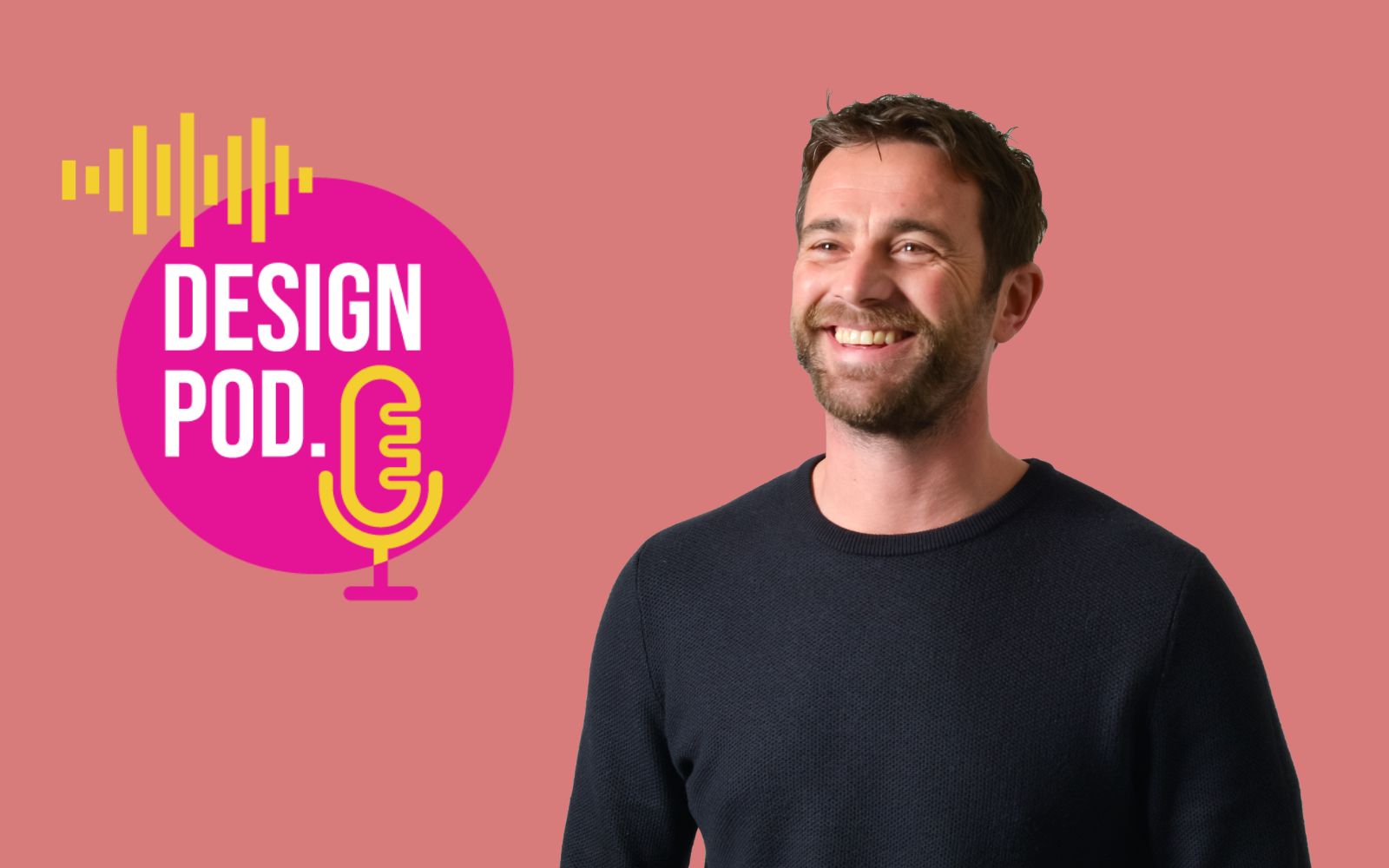
Meet John Williams, an interior designer based in Manchester who is the Founding Director of SpaceInvader Design, a studio with a single-minded purpose: to transform the way organisations use space and motivate people through their environment.
With this approach, John and his team have created some impressive – and unconventional – design narratives, which Editor Hamish Kilburn explores on this episode of DESIGN POD.
As well as taking a look at the people and projects that have helped to define SpaceInvader Design as a leading interior design studio, including WILDES Chester, Tribe Hotel Malta and Oddfellows on the Park Cheadle in Manchester and Stock Exchange Hotel Manchester, the episode also throws it back to Williams’ somewhat unorthodox launch into the industry as a studio owner.
DESIGN POD is brought to you by Hotel Designs. This series is sponsored by Geberit, produced by Mel Yates and hosted by Hamish Kilburn.

